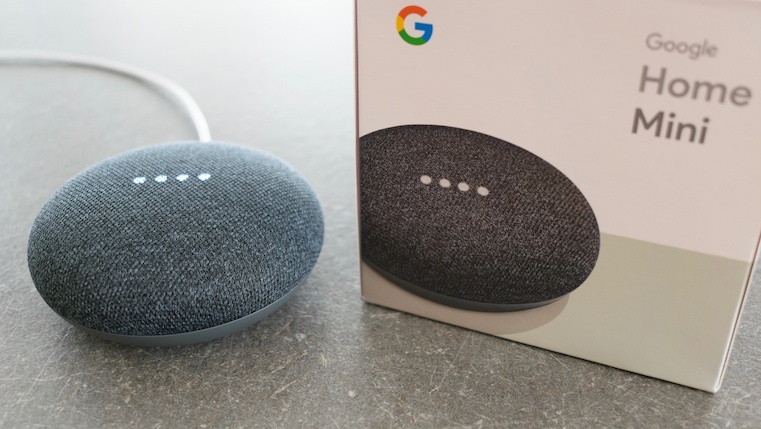So when The Information learned that one of Amazon's newer, but core offerings -- its digital personal assistant Alexa -- was barely being used to make purchases, it gave pause. According to the report, 2% of devices equipped with Alexa -- which is mostly comprised of the Echo, Amazon's smart home speaker -- have been used to make a purchase. And although 50 units of the Echo have been sold -- the same number as Apple Watch units, notes Benedict Evans -- our findings indicate that the issue might be rooted in perceived value. While this does corroborate estimates of voice shopping's slow growth, it also reflects a potentially (and equally) slow growth of market adoption of smart speakers to begin with. Voice shopping came in second, at 10.4%. In my experience -- which I wrote about here -- it offers the least value compared to the Echo or Google Home. Among those surveyed for that report, all were current smart speaker owners -- but nearly three-quarters of them had owned them for less than a year, pointing to a potentially upward growth trend. While the survey asked respondents about a number of use cases for their smart speakers, home shopping wasn't one of them -- but "add an item to your shopping list" was. But it still raises a question: Could it be that with the growth of smart speaker ownership among later adopters, there will also be growth in using them for voice shopping? So as more of these players begin to enter the smart speaker market, improve the technology, and maintain these capabilities -- the growth (alongside brand loyalty) could follow.

When it comes to product and feature diversification, Amazon isn’t exactly a novice.
But at the core of its business, one might argue, is ecommerce: The business of buying and selling goods and services online.
So when The Information learned that one of Amazon’s newer, but core offerings — its digital personal assistant Alexa — was barely being used to make purchases, it gave pause.
According to the report, 2% of devices equipped with Alexa — which is mostly comprised of the Echo, Amazon’s smart home speaker — have been used to make a purchase. And out of that 2% — only 10% made repeat purchases.
The report also notes that 50 million units of the Echo have been sold.
The metrics got me wondering: Did voice shopping even have a “moment” that’s already come and gone? Or is it simply struggling to get its foothold — and its growth is yet to come?
I did some research to find out.
Why Voice Shopping Is Already a Thing of the Past [New Data]
Some Background
Alexa first became a household name in 2016, when Amazon aired its first-ever Super Bowl commercial featuring rapper Missy Elliott and actor Alec Baldwin, among other celebrities, using the Echo speaker.
At the time, the assistant was only available on the Echo and its smaller version, the Echo Dot. Today, it’s also available on such Amazon platforms as Fire devices and certain Android phones.
One of its chief selling points — so it was thought — was the ability to make hands-free purchases on Amazon using Alexa, which could make product selections and recommendations based on your shopping history.
Earlier this year, new data emerged that predicted voice shopping sales from Echo and Google Home devices would reach $40 billion by 2022: quite a significant jump from the present $2 billion cited at the time.
The reason, the report said, was improved technology within the realm search — as well as, perhaps, a growing number of brands selling smart speakers with voice shopping capabilities.
This month, Samsung threw its hat into the ring with the yet-to-be-debuted Galaxy Home smart speaker, powered by its own digital personal assistant, Bixby.
But this latest information may project a different direction. Perhaps the aforementioned study is correct about improvements in technology, and that the current experience leaves users with something to be desired, preventing them from taking the same action again.
But does that hypothesized dissatisfaction stem to the other use cases for smart speakers? And although 50 units of the Echo have been sold — the same number as Apple Watch units, notes Benedict Evans — our findings indicate that the issue might be rooted in perceived value.
We asked 491 internet users across the U.S. and UK: Have you ever used a smart speaker to make a purchase?
On average, about half of the respondents answered “no.” But…
![Why Voice Shopping Is Just Getting Started [New Data] Why Voice Shopping Is Just Getting Started [New Data]](http://www.marketinghub.today/wp-content/uploads/2018/08/why-voice-shopping-is-just-getting-started-new-data.jpg)
COMMENTS